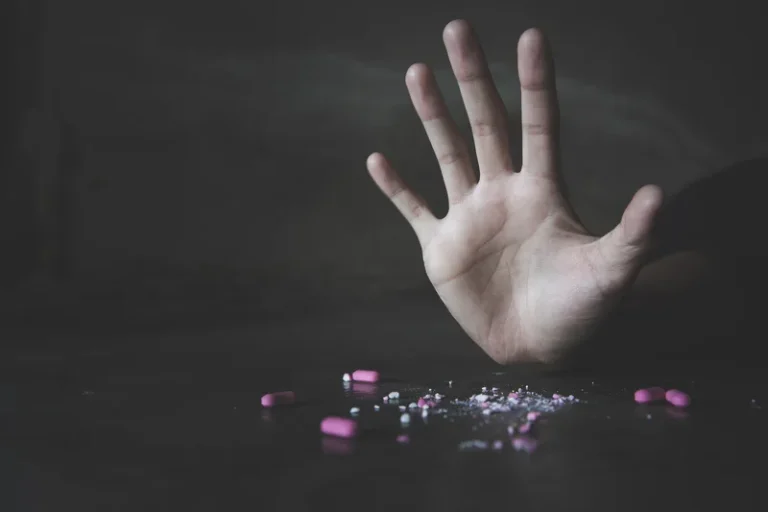
Over time, drinking can also damage nerve cells and contribute to a loss of brain volume. And prolonged alcohol use can lead to mental health conditions like anxiety and depression. In reality, there’s no evidence that drinking beer (or your alcoholic beverages of choice) actually contributes to belly fat. By Sarah Bence, OTR/LBence is an occupational therapist with a range of work experience in mental healthcare settings. Millions of people join support groups to help stop drinking and stay stopped. Studies show support groups play an instrumental role in helping people develop healthy social networks that result in continued sobriety.
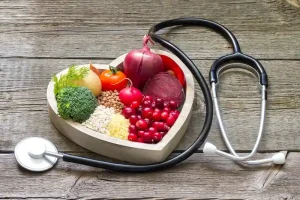
How to treat withdrawal symptoms
It might also trigger migraine in people who are prone to them, according to the American Migraine Foundation. If you struggle with those, you might think going cold turkey will ease your discomfort—but that’s not always true, thanks to caffeine withdrawal, according to O’Connor. This could look like low energy, difficulty concentrating, irritability, and worsening headaches. Regular, heavy drinking interferes with chemicals in the brain that are vital for good mental health.2 So, while you might initially feel relaxed after a drink, alcohol can contribute to feelings of depression and anxiety. And stopping drinking could make feelings of stress easier to deal with. This can lead to withdrawal symptoms, including anxiety, tremors, sweating, and nausea.
- As one drinks more over time, these disturbances get worse and become more difficult to reverse.
- Over time, the brain can actually get used to the effects of alcohol, causing it to work harder and cause unpleasant or even dangerous withdrawal symptoms like tremors and heart palpitations.
- Higher doses of alcohol significantly impair consciousness, causing a “coma-like” state that is measured by loss of the righting reflex (an animal’s failure to correct its position when lying on its back).
Alcohol And Muscle Relaxers: 4 Things To Know About This Risky Combination
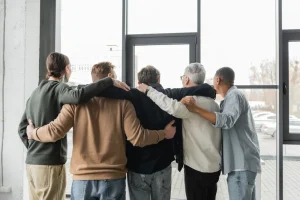
During acute alcohol intake, caffeine largely antagonizes the “unwanted” effects of alcohol by blocking A1 receptors, which mediate alcohol’s somnogenic and ataxic effects. In a single laboratory session, participants were randomly assigned to receive alcohol (0.5 g/kg of 40% ABV vodka), energy drink (3.57 mL/kg of RedBull®), alcohol plus energy drink, or placebo (3.57 mL/kg of a decaffeinated soft drink). Alcohol significantly impaired both response execution and response inhibition. The consumption of energy drink mixed with alcohol antagonized the alcohol-induced impairment of response execution, but not alcohol-induced impairment of response inhibition. The authors suggest that blunted cardiac autonomic modulation after exercise may increase risk of dysrhythmia for predisposed individuals.
- The alcohol withdrawal timeline varies, but the worst of the symptoms typically wear off after 72 hours.
- This is usually when people start to feel their best after giving up alcohol.
- That’s why the USDA’s Dietary Guidelines set the upper healthy limit for daily caffeine intake at about 400 milligrams a day, or about three to five eight-ounce cups of coffee, depending on the specific drink.
- If you add in costs of drinking in social settings at restaurants, bars, and clubs, the amount might be more.
- The third 24-hour period can trigger a desperate urge to sleep, increasing likelihood of longer microsleeps, depersonalisation – feelings of detachment from reality – and hallucinations.
Foods and Drinks to Avoid If You Have Osteopenia
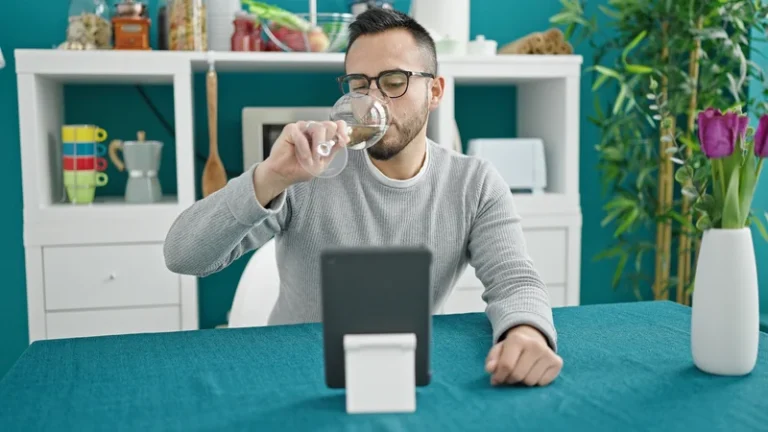
Drinking too much alcohol or caffeine can put you at risk for dehydration, Rodriguez says. That’s why it’s best to drink alcohol with water to keep yourself hydrated. The cheery vibe what happens when you stop drinking you get from drinking caffeinated alcoholic beverages can also disguise your depression and anxiety symptoms, leading to more drinking and further impairment, Taub-Dix says.
Improved energy levels and better sleep
If you have a fatty liver or alcoholic hepatitis, you could decrease damage and your liver can repair itself. You may not be able to reverse the course of cirrhosis, but deciding to stop drinking alcohol can add years to your life. As a central nervous system depressant, alcohol has a wildly different effect on you than caffeine. First, it causes more adenosine to accumulate in your system, Fritz explains, hence why you might doze off after a few drinks, try as you might to stay awake. Drinking alcohol can also slow your reaction times, reduce your balance and fine motor skills, and impair your cognition in a way that causes poor judgment, according to the Centers for Disease Control and Prevention (CDC).
After 3 Days Without Alcohol
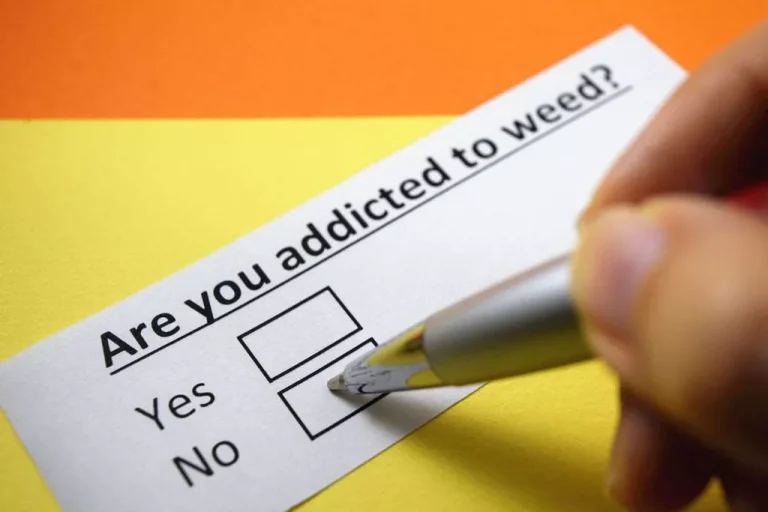
Will I lose weight if I stop drinking alcohol?
- However, for people who exceed recommendations in the Dietary Guidelines for Americans, he said staying away from alcohol for a month can reap changes.
- For instance, even though caffeine withdrawal can cause headaches, caffeine is used to treat certain types of headaches, like migraine episodes.
- The stimulating effects of caffeine can sometimes cause physical symptoms and behaviors that look and feel like—and therefore be easily confused with—other disorders.


Connect with us